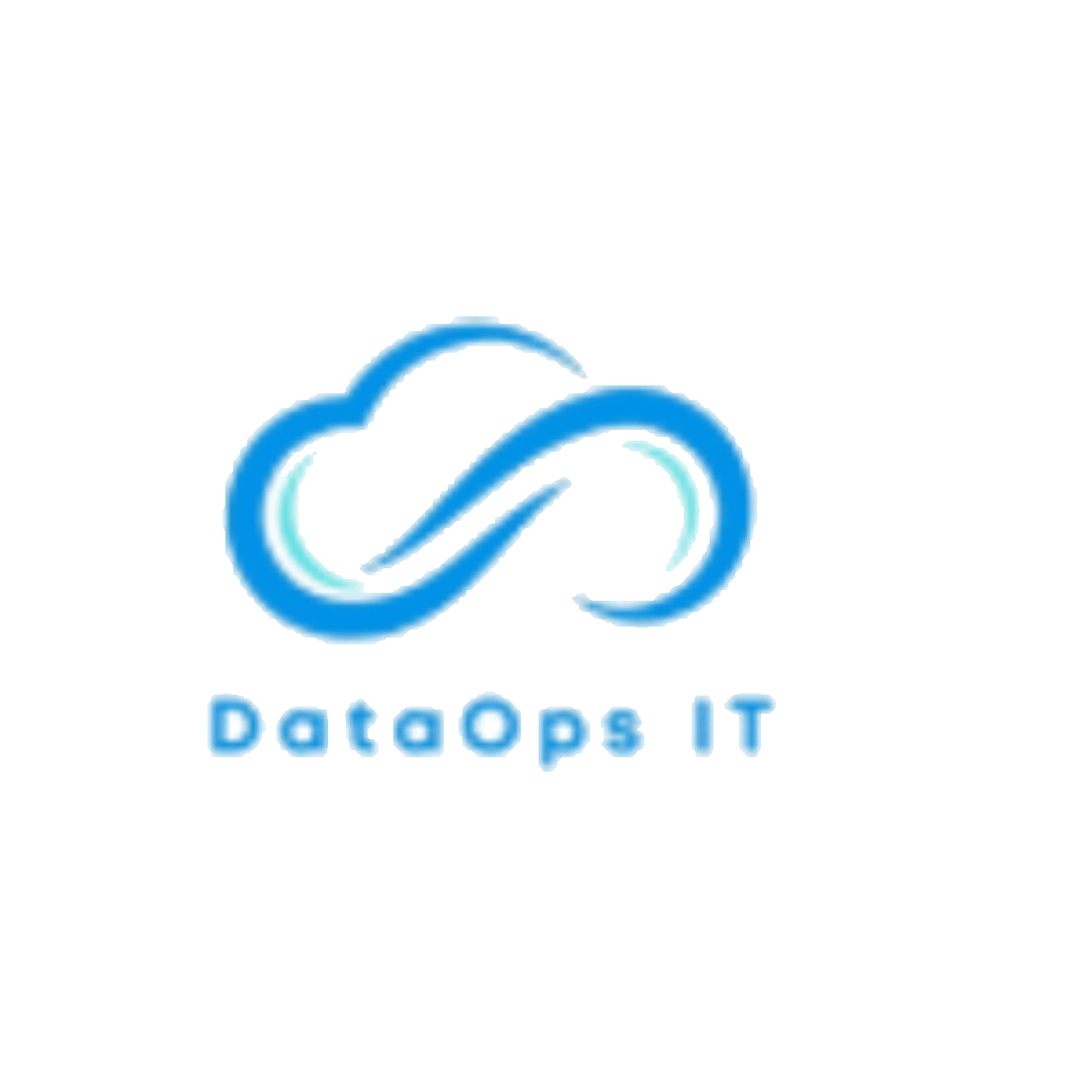Ethical Statement
DataOps IT Ethical Statement Plan
Executive Summary
This comprehensive ethical statement plan outlines the fundamental ethical principles, data governance frameworks, and responsible business practices that should guide DataOps IT's operations as a managed database services provider in the UK.
Core Ethical Principles
1. Data Ownership and Consent
Principle: Individuals and organizations maintain fundamental ownership rights over their data
Implementation:
- Obtain explicit, informed consent before collecting or processing personal data
- Provide clear, accessible privacy notices explaining data usage
- Implement granular consent mechanisms allowing users to control specific data uses
- Ensure consent can be withdrawn easily and completely
2. Data Security and Protection
Principle: Safeguarding client data is a fundamental responsibility, not merely a compliance requirement.
Implementation:
- Implement industry-leading encryption standards for data at rest and in transit
- Maintain 24/7 security monitoring and incident response capabilities
- Conduct regular security assessments and penetration testing
- Establish comprehensive data breach response protocols
- Ensure secure data disposal and retention practices
3. Transparency and Accountability
Principle: Maintain complete transparency in data handling practices and accept accountability for all data operations.
Implementation:
- Publish clear data processing policies and procedures
- Provide detailed audit trails for all data operations
- Maintain comprehensive data lineage documentation
- Regular third-party audits and compliance assessments
- Clear escalation paths for data-related concerns
Regulatory Compliance Framework
GDPR Compliance
- Implement Privacy by Design principles in all database architectures
- Establish processes for data subject rights (access, rectification, erasure, portability)
- Conduct Data Protection Impact Assessments for high-risk processing
- Appoint qualified Data Protection Officers where required
UK Data Protection Act 2018
- Align all practices with UK-specific requirements
- Maintain lawful bases for all data processing activities
- Implement appropriate technical and organizational measures
Industry-Specific Regulations
- Healthcare: HIPAA compliance for medical data
- Financial: FCA and PCI DSS requirements
- Government: Cyber Essentials and Government Security Classifications
Technical Ethics Standards
1. Database Design Ethics
Principle: Design databases that inherently protect privacy and prevent misuse.
Practices:
- Implement role-based access controls with principle of least privilege
- Use data pseudonymization and anonymization techniques where appropriate
- Design systems with privacy-preserving query capabilities
- Implement automated data quality and integrity checks
2. AI and Machine Learning Ethics
Principle: Ensure any AI/ML applications are fair, transparent, and accountable.
Practices:
- Implement bias detection and mitigation strategies
- Maintain explainability in automated decision-making systems
- Regular algorithmic auditing and fairness assessments
- Human oversight for critical automated decisions
3. Data Quality and Integrity
Principle: Maintain the highest standards of data accuracy and reliability.
Practices:
- Implement comprehensive data validation and cleansing procedures
- Maintain detailed data provenance and quality metrics
- Regular data quality assessments and improvement initiatives
- Clear documentation of data limitations and uncertainties
Stakeholder Responsibilities
Client Responsibilities
- Provide accurate information about data sources and intended uses
- Comply with applicable data protection laws
- Notify DataOps IT of any data security incidents
- Maintain appropriate internal data governance policies
DataOps IT Responsibilities
- Provide secure, reliable database management services
- Maintain confidentiality of all client data
- Ensure compliance with applicable regulations
- Provide timely notification of any security incidents
- Deliver services with transparency and integrity
Governance Structure
Ethics Committee
- Establish a dedicated ethics review board
- Regular review of ethical policies and practices
- Investigation of ethical concerns and complaints
- Continuous improvement of ethical standards
Training and Awareness
- Mandatory ethics training for all employees
- Regular updates on regulatory changes and best practices
- Clear ethical guidelines and decision-making frameworks
- Whistleblower protection and reporting mechanisms
Third-Party Management
- Ethical vetting of all suppliers and partners
- Contractual requirements for ethical compliance
- Regular auditing of third-party practices
- Clear accountability for subcontractor actions
Risk Management and Mitigation
Data Breach Response
- Immediate containment and assessment procedures
- Regulatory notification within required timeframes
- Client communication protocols
- Post-incident analysis and improvement processes
Ethical Risk Assessment
- Regular assessment of ethical risks in service delivery
- Proactive identification of potential ethical conflicts
- Clear escalation procedures for ethical dilemmas
- Documentation and learning from ethical challenges
Business Continuity
- Ethical considerations in disaster recovery planning
- Maintenance of ethical standards during crisis situations
- Protection of data integrity during service disruptions
- Clear communication during emergencies
Continuous Improvement
Regular Review Process
- Annual comprehensive review of ethical policies
- Quarterly assessment of ethical performance metrics
- Client feedback integration into ethical framework
- Industry best practice benchmarking
Innovation Ethics
- Ethical assessment of new technologies and services
- Consideration of societal impact in service development
- Proactive engagement with emerging ethical challenges
- Collaboration with industry bodies and regulators
Measurement and Reporting
- Define clear ethical performance indicators
- Regular reporting to clients and stakeholders
- Public transparency reports on ethical performance
- Continuous monitoring of compliance metrics
Conclusion
This ethical statement plan establishes DataOps IT as a responsible steward of client data, committed to the highest standards of ethical conduct in database management services. By implementing these principles and practices, DataOps IT will build trust with clients, ensure regulatory compliance, and contribute to the responsible development of the data management industry.
The plan requires regular review and updates to address emerging ethical challenges, technological developments, and regulatory changes. Success depends on consistent implementation across all levels of the organization and genuine commitment to ethical principles beyond mere compliance requirements.
At DataOps IT Ltd, We're Committed To Business
Take the first step towards achieving your business goals by contacting us today. Schedule a consultation with one of our Cloud & Database specialists to discuss your objectives and explore how our innovative solutions can propel.

